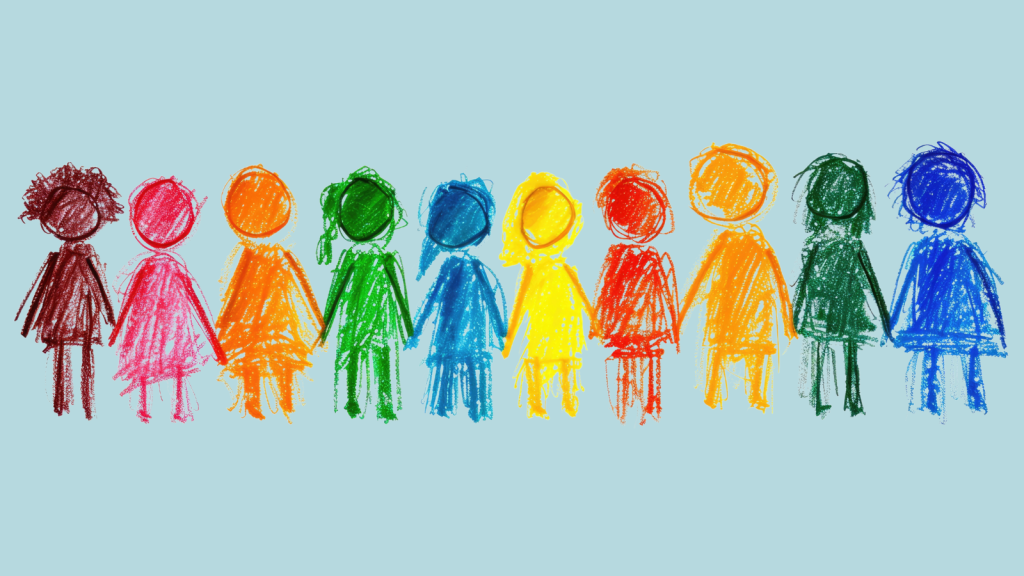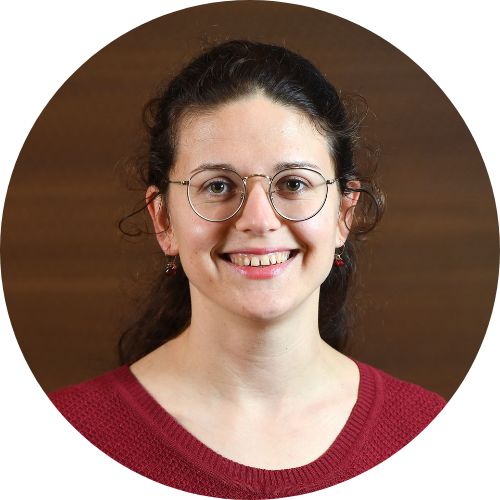
A new €6.3 million initiative will bring together researchers from 12 countries to address critical gaps in identifying and supporting cases of children who have experienced abuse.
Researchers from Cardiff University are part of the team of the newly funded Horizon Europe project: Assessing and improving access to health and social care services for children rendered vulnerable by abuse (SERENA).
Child maltreatment remains a widespread yet underreported issue across Europe, with serious long-term consequences for victims’ mental and physical health. Many children continue to face barriers to accessing timely and effective support, worsening the long-term impact of maltreatment.
SERENA will assess these barriers and care pathways across multiple European countries, generating evidence-based recommendations to improve detection, care, and policy.
Dr Yulia Shenderovich is leading Cardiff University’s involvement in the project through the Wolfson Centre for Young People’s Mental Health and DECIPHer, with Dr Ulugbek Nurmatov (MEDIC) co-leading the evidence syntheses, and Professor Sally Holland (CASCADE), as well as colleagues in Denmark and France.
The team’s work will focus on mapping existing services and identifying barriers to access through literature reviews and interviews with adult survivors and health and social care professionals in Wales, France, and Denmark.

Child maltreatment is a major risk factor for lifelong mental health difficulties, yet support is not accessible to many children and young people. By understanding the barriers to care, we can inform meaningful improvements in services and policies that support survivors across Europe. Dr Yulia Shenderovich, Reader
SERENA will take a mixed-methods approach, combining qualitative research in three countries with large-scale quantitative analyses across seven European nations, as well as aggregated child protection system data from 26 countries.
This research aligns closely with the Wolfson Centre’s mission to improve youth mental health by ensuring that children affected by maltreatment receive timely and effective care, DECIPHer’s focus on addressing health inequalities, and CASCADE’s on improving the well-being, safety and rights of children and their families.
Through its extensive network, the SERENA project aims to drive changes in policy and practice, improving maltreatment detection, reducing recurrence, and alleviating the broader societal burden.
The consortium is led by Professor Catherine Quantin and coordinated by the Institute National De La Santé Et De La Recherche Médicale. For more information about the project, visit the official project page.
This article was first published by Cardiff University.